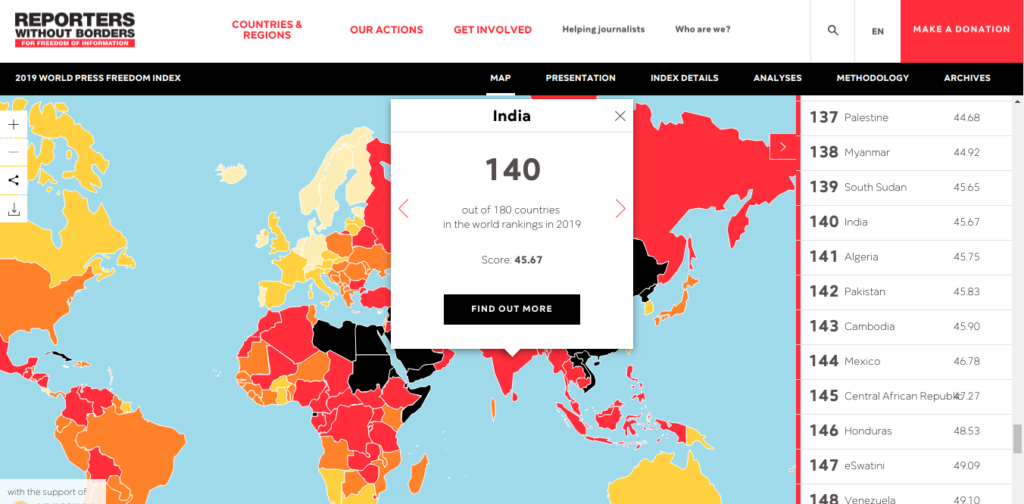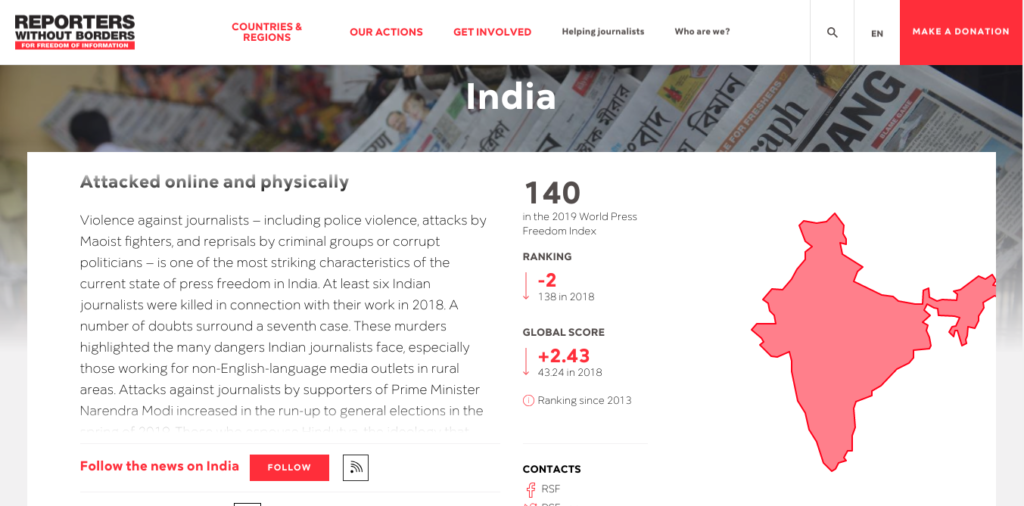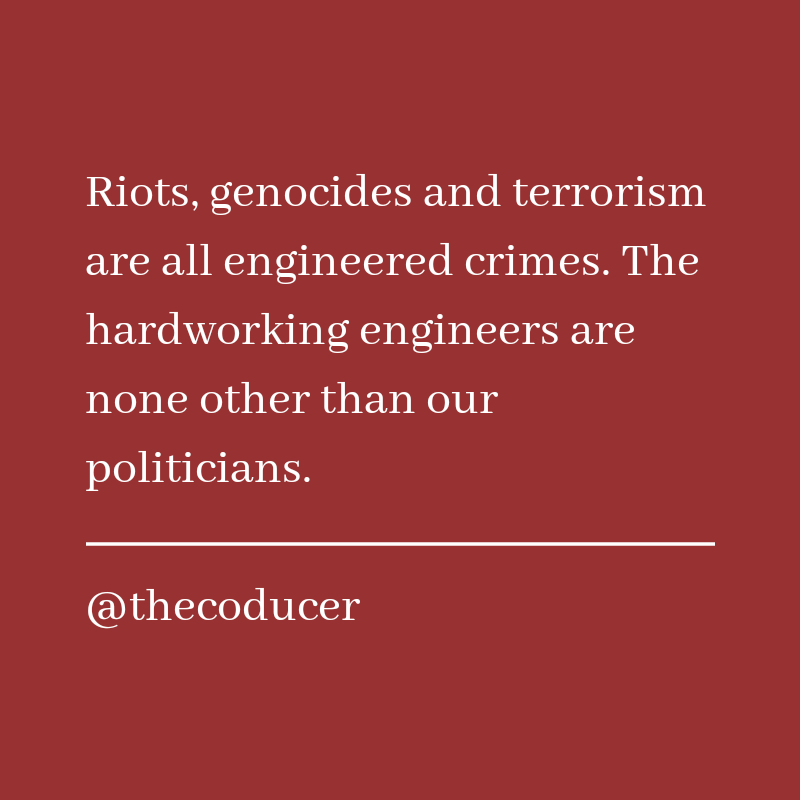Why you should care about politics?

Most of us don’t pay heed to posters and messages asking for donations. The moment we read the ‘donate’, we tend to run away. The word ‘politics’ faces the same negligence. Let me echo what Plato, a notable Athenian philosopher, had said, “If you do not take an interest in the affairs of your government, then you are doomed to live under the rule of fools”.
Politics is the way that people living in groups make decisions and therefore, ignoring it is harmful because everything around you is affected by political decisions taken by the elected politicians sitting in the parliament. Not thinking about politics is a decision to not value liberty that our constitution offers us. I completely understand why people are not interested in politics. They nurture this feeling that political leaders sitting in the parliament are busy stuffing piles of cash inside their pockets. They believe politics is a lousy business. But I urge you all to reconsider your thoughts regarding politics and restore your faith in it because you must not ignore something that affects you and your daily life. It is high time for all of us to be politically aware.
The more you refuse to care about politics, the more favorable it will become for the people in power to fool you.
India is a democratic nation as we know it. “Democracy is the government of the people, by the people, and for the people”, said Abraham Lincoln. Two of the most significant features of democracy are the right to vote and the freedom of speech that gives an individual the right to express their opinions without any censorship. Now, how much a nation obeys its democratic values enshrined in its constitution is debatable. In a democratic nation, it is the responsibility of every eligible citizen to vote. Your vote is so muscular that it can throw away the ruling dispensation and bring new people in the parliament. If you realize that things aren’t happening as you have expected and the government is not up to the mark then you can turf them out in the next elections. But who to choose instead? Be a realist and avoid being cynical. Neither you should hail someone as an avatar nor you should think that no one is worth voting for. Use your brain. Don’t believe someone blindly. Do your research on political parties, study their ideologies, and read their manifestos. Find out the candidates of different political parties who are standing in your constituency. Go through the track records of both the candidate and the party. You get enough time to do this arduous task since elections in India are held once in every five years. Cases of political malfeasance, money laundering, hate speech, suppression of free voice, or subjugation of independent institutions are common among all political parties. So, choose the competent and the less evil one wisely.
Keep this famous quote in mind: “Politicians and diapers should be changed often”.
It is easier for citizens to make a difference in a democracy than in any other form of government. You can influence people around you, put pressure on the establishment, and question the government and its institutions. But how? You first need to be aware of what is happening around you and have a clear understanding of the socio-political terrain of your country. Keep yourself informed by reading news from reliable sources. In recent times, there has been a sharp rise in the manufacturing of fake news. So, always crosscheck the news that you’re reading. Social media especially WhatsApp has become a warehouse of fake news. You might have read “Nehru called Netaji a ‘war criminal’”, “Sonia Gandhi is the fourth richest politician in the world”, “UNESCO declared Modi the best prime minister” and many more. All of these have been proved to be absolutely fake news. With the help of technology, fake news is flooding the market and misleading common people now more than ever. Political parties peddle them to further their political propaganda, to dignify themselves, or to defame one another. Beware of that! Nowadays, journalists and journalism of most of the mainstream media houses are compromised and biased more than ever. Few journalists who prefer not to dishonor their professional ethics are being attacked, threatened, and even defamed by the mob and troll groups sponsored by politicians. A non-profit and non-governmental organization - RSF (Reporters Without Borders) - placed India 140th out of 180 countries in the 2019 World Press Freedom Index. India is only two ranks above Pakistan. The current status of freedom of the press in India is really unacceptable. Not just journalists but whoever speaks against or criticizes the government are being labeled as ‘anti-nationals’, ‘maoists’, or ‘urban naxals’ and are accused of exercising intellectual terrorism.
It plays a vital role in a democracy to be a critic of the ruling government just like student activism is indispensable to keep the democratic values of a nation alive.
Besides circulating propaganda news, the compromised media houses even flash fake news. In 2016, after the demonetization of ₹500 and ₹1000 notes were announced, Zee News made us aware of GPS nanochips to have been embedded in new ₹2000 notes. I’m sure still some people exist those who haven’t lost their faith in it. But, of course, there are media outlets you can trust without having to sacrifice your intellectual and rational capabilities. Some reliable news sources that I know are: PTI, The Quint, The Wire, NDTV, Reuters, BBC News, ANI, The Indian Express, The Week, The Hindu and Hindustan Times. Moreover, Alt News and WebQoof, a unit of The Quint, are doing an amazing job in busting fake news.
Think critically. Use your intelligence to analyze facts and information you read, and construct your own opinions. You don’t have to rely on what others are saying because now you have your own views. Express your opinions to people whom you find suitable enough to have a political discourse with. This is how you exchange ideas and opinions. Dissent strengthens the socio-political awareness that just not only benefits you but also make others aware. Justice Chandrachud once said, “Dissent is the safety valve of democracy. If you don’t allow safety valve, pressure cooker will burst”. Most politicians don’t really want people to understand politics, form opinions, and to question them. People indulging in socio-political thinking is what politicians fear the most.
A politician whom we have elected is someone who participates in how the country is to be run. We expect them to deliver the promises they had made before elections and also the ones written in their manifestos. But when they fail at their job they try to divert the attention of the citizens from real issues like unemployment, poor health, poverty, illiteracy, and threats to national security. This is when they switch to lousy political drama to hide their misgovernance. Two of the many political conspiracies currently in use to confuse citizens are jingoism and Hindu chauvinism. Compromised news channels further help in spreading it all over the nation. Try to avoid those channels and falling into that trap. A year ago during Diwali, Republic TV held a debate and launched a live poll on “Is curbing air pollution anti-Hindu?”. Just think how nonsense will it be to label someone anti-Hindu if they wish to curb air pollution by not burning crackers on Diwali. Even the hosts themselves know what kind of rubbish they deal with but, nonetheless, politicians are the ‘Editor-in-chief’ of these kinds of media houses. They manipulate the news to push their political agenda. Therefore, political awareness backed by common sense and humanity is important for every citizen in a nation. It is your responsibility to examine what a journalist reports, what politicians utter in their speeches and to assess the work done by the politician whom you have elected. Your common sense can be helpful in debunking many deceptive statements made by politicians like the popular one - “Hindus are in danger in India”. You’ll be surprised to know how these politically motivated lines are thrown to stoke communal tensions for electoral gains.
Apart from voting and smartly articulating your opinions, there are other ways to influence politics like public protests. Taking out a rally to make your voices loud enough to be heard. The other forms of protest can be writing an article, a poem or a song, or making a film. You can write to a concerned authority expressing your views or grievances, or you can take an appointment with your local MP or MLA to get in a dialogue. That’s how you participate in politics without joining mainstream politics. History says that protesting works. So keep patience and don’t lose hope. If the freedom fighters of our nation didn’t engage themselves in politics and protested against the British I think we would have still served the Brits.
Politics is everywhere. It is too powerful to ignore. Politics make new laws and amend existing ones. It can even sway judiciary which obviously is not a good thing. Politicians decide how much tax you pay. They allocate funds to education & health sectors. No part of our lives remains untouched by politics. Therefore, it’s important to take part in politics and care about it to contribute to nation-building. Remember, things won’t change if we don’t attempt to change them. India needs more educated & sensible people in politics participating directly or indirectly. This way we can lessen the number of bigots, illiterates, and irrational members in the parliament and help India progress. It’ll make politics get cleaner and change citizen’s perspectives on politics.
The worst illiterate is the political illiterate, he doesn’t hear, doesn’t speak, nor participates in the political events. He doesn’t know the cost of life, the price of the bean, of the fish, of the flour, of the rent, of the shoes and of the medicine, all depends on political decisions. The political illiterate is so stupid that he is proud and swells his chest saying that he hates politics. The imbecile doesn’t know that, from his political ignorance is born the prostitute, the abandoned child, and the worst thieves of all, the bad politician, corrupted and flunky of the national and multinational companies.
Bertolt Brecht
Links and Resources:
- Fake News: “Sonia Gandhi fourth richest politician in the world”. Read https://www.altnews.in/is-sonia-gandhi-the-4th-richest-woman-in-the-world-as-claimed-by-viral-social-media-posts/
- Fake News: “Nehru called Netaji a war criminal”. Read https://www.altnews.in/the-truth-of-the-letter-written-by-nehru-calling-subhas-chandra-bose-a-war-criminal/
- Fake News: “UNESCO declared Modi the best prime minister”. Read https://timesofindia.indiatimes.com/india/Modi-best-PM-UNESCO-rumour-fools-netizens/articleshow/52921474.cms
- Reliable News Sources listed in the article:
- ANI - https://www.aninews.in/
- PTI - http://www.ptinews.com/
- The Quint - https://www.thequint.com/
- The Wire - https://thewire.in/
- NDTV - https://www.ndtv.com/
- Reuters - https://in.reuters.com/
- BBC News - https://www.bbc.com/news/world/asia/india
- The Indian Express - https://indianexpress.com/
- The Week - https://www.theweek.in/
- The Hindu - https://www.thehindu.com/
- Hindustan Times - https://www.hindustantimes.com/
- Alt News - https://www.altnews.in/
- 2019 Manifesto of two major national political parties:
- Indian National Congress - https://manifesto.inc.in/pdf/english.pdf
- Bharatiya Janata Party - https://www.bjp.org/en/manifesto2019


